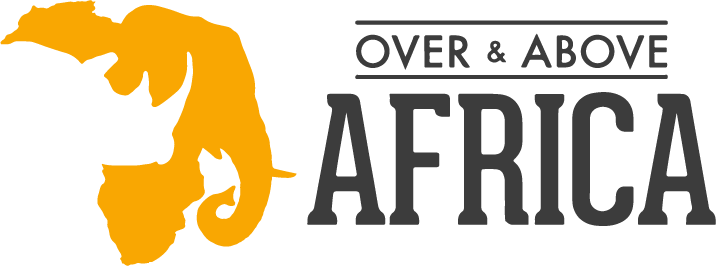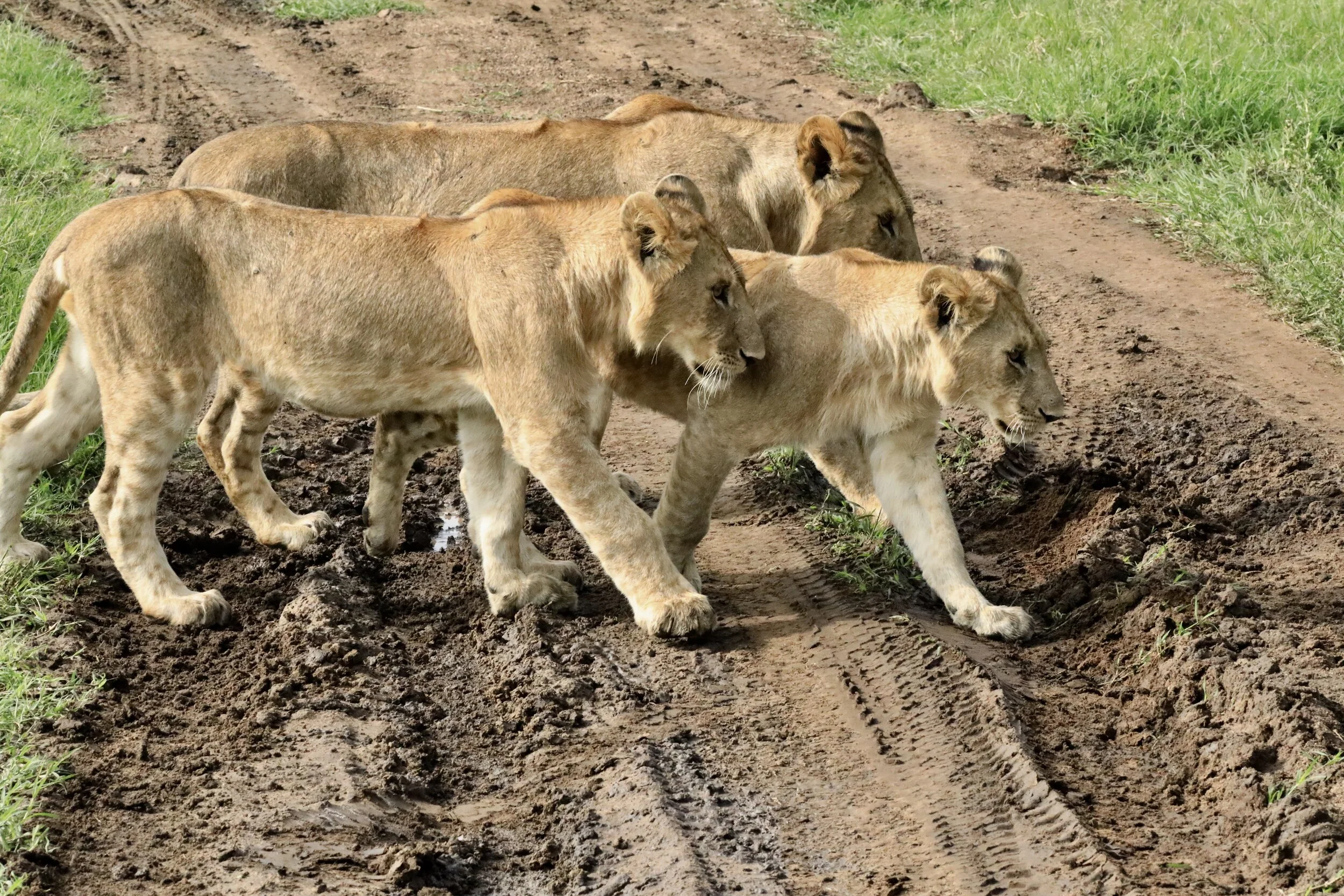Lion population has decreased 43% in 2 decades
Lion numbers have been decimated, with an estimated 20,000 remaining today, down from 450,000 in the past 50 years
Lions are one of the most iconic of the big 5 species that symbolizes Africa in our minds. Lion imagery saturates every aspect of civilization and can be seen proliferating artwork throughout the ages: from cave drawings, to sculptures and statues, movie productions, film logos and films. They have become synonymous in human culture with strength, independence, and majesty. If you’ve been lucky enough to experience a lion in the wild, it’s immediately obvious, with his big shaggy mane, why he holds the title: King of the Jungle. If we do not act now to preserve their heritage and their habitat, the symbolism is all that will remain!
Like many of Africa’s iconic species, lion populations are also shrinking rapidly and are expected to suffer an additional 50% decline in the next 2 decades. Lion poaching is driven by demand for lion body parts for cultural and medicinal purposes in the African and Asian markets and sadly, also for luxury fashion.
To exacerbate the problem, human-animal conflict is on the rise as lions continue to lose habitat to farmland development. They are speared or poisoned indiscriminately by local farmers in retaliation to protect their cattle.
“There is something about seeing rhinos and lions running free that excites you….you’re liberated by seeing them.”
Lion hunting remains legal in many African countries and surprisingly also in the United States. Permits to hunt lions can cost over $71,000 per lion and despite what you might have read, the local communities rarely see that money.
“Canned lion hunting” is an exceptionally cruel pastime for “hunters”. It’s a kin to ‘shooting fish in a barrel” where “hunters’ can stalk lions who are unable to escape the confines of the fenced in acreage. Shockingly, we also have canned lion hunting here in the U.S. as it’s still legal in some parts of the country.
If you see a lion cub, or any cub available to “pet” in a zoo or wildlife park - please understand that this cub, once socialized to humans can never be re-wilded, and will end up being sold to a “canned hunting” facility, a breeding facility or slaughtered and sold for its body parts. We can help lessen this trade by choosing not to pet any captive wild animal, alerting authorities if you suspect an outfit are breaking the wildlife protection laws.
Lion poaching is driven by demand for medicinal and luxury fashions in the Asian market and by American safari ‘hunters’
Human-animal conflict is on the rise as lions lose habitat to farmland development. They are speared or poisoned indiscriminately
Why are lions important?
Lions are an apex predator and, like all apex predators, play a crucial role in maintaining a healthy herbivore population and balanced ecosystem.
From a purely financial perspective, lions are one of the iconic big 5 species in Africa and bring in much needed eco-tourist revenue to local communities and Africa’s GDP.
How can we help?
•Share their story to build awareness and bring attention to their plight
•Report wildlife crime and support sustainable products
•Hold a local fundraiser in your community to raise funds to help our work

